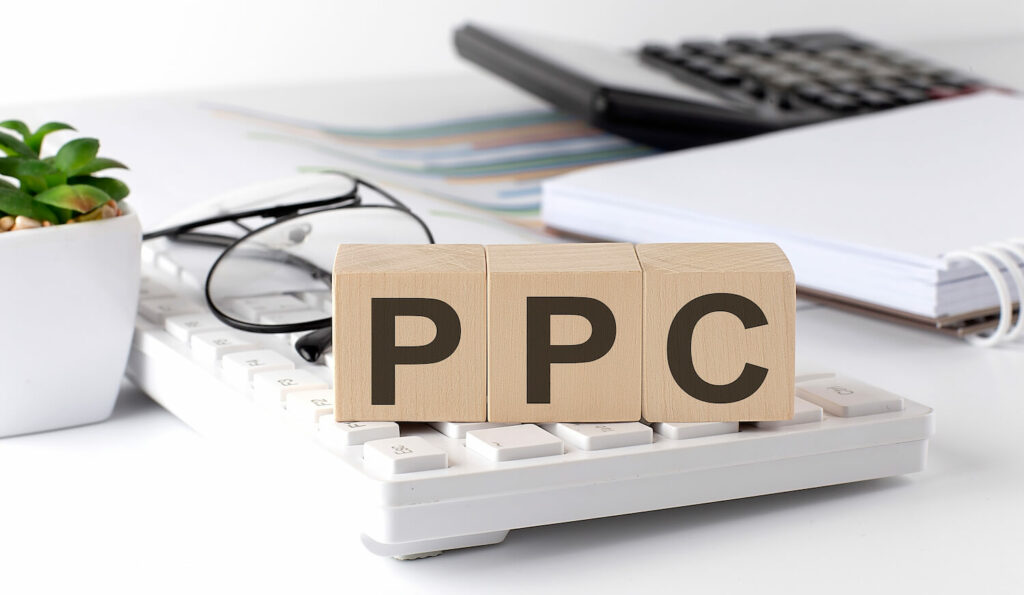
Maximizing Business Growth with PPC Management
In today’s digital age, businesses face fierce competition in the online marketplace. To stay ahead and drive sustainable growth, it is essential to adopt effective marketing strategies. Pay-per-click (PPC) advertising is a powerful tool that enables businesses to reach their target audience, drive traffic to their websites, and generate valuable leads. However, without proper management and optimization, PPC campaigns can become costly and yield minimal results.
This article explores the importance of PPC management in driving business growth and provides key strategies to maximize results.
Understanding PPC Management
PPC management refers to the ongoing process of overseeing and optimizing pay-per-click advertising campaigns. It involves tasks such as keyword research, ad creation, bid management, campaign monitoring, and performance analysis. Effective PPC management ensures that businesses get the most out of their advertising budget and achieve their marketing objectives.
Setting Clear Goals
Before diving into PPC management, it is crucial to define clear goals for your campaigns. Are you aiming to increase brand awareness, drive website traffic, generate leads, or boost sales? By setting specific and measurable goals, you can align your PPC strategy with your overall business objectives and track your progress effectively.
Comprehensive Keyword Research
Keyword research lays the foundation for successful PPC campaigns. It involves identifying relevant keywords and phrases that potential customers are likely to use when searching for products or services. Tools like Google Keyword Planner and SEMrush can assist in finding high-performing keywords with reasonable search volume and competition. By selecting the right keywords, you can target a specific audience and maximize the chances of conversions.
Compelling Ad Copy and Landing Pages
Creating compelling ad copy and optimizing landing pages are essential components of PPC management. The ad copy should be concise, relevant, and engaging, highlighting the unique selling propositions of your business. A well-crafted ad copy entices users to click on your ads and visit your website. Similarly, the landing page should align with the ad’s messaging and provide a seamless user experience. A clear call-to-action (CTA) encourages visitors to take the desired action, whether it’s making a purchase, filling out a form, or subscribing to a newsletter.
A/B Testing
Continuous testing is a crucial aspect of PPC management. A/B testing involves creating multiple versions of ads or landing pages and measuring their performance to determine the most effective elements. By testing variables such as headlines, images, CTAs, and ad formats, you can optimize your campaigns over time and improve conversion rates. It is important to run A/B tests one element at a time to accurately assess the impact of each change.
Bid Management and Budget Optimization
PPC campaigns require strategic bid management to ensure optimal ad placement and budget allocation. Bids should be set based on the value of keywords and the desired return on investment (ROI). It is essential to monitor campaign performance regularly and adjust bids accordingly to maximize clicks and conversions while staying within budget. Automated bidding tools, like Google Ads’ Smart Bidding, can help optimize bids based on performance data and predefined goals.
Tracking and Analytics
Implementing conversion tracking and utilizing analytics tools are essential for effective PPC management. By tracking conversions, such as purchases or form submissions, you can measure the success of your campaigns and calculate the return on ad spend (ROAS). Google Analytics and other tracking platforms provide valuable insights into user behavior, campaign performance, and demographic data. Analyzing this information helps identify trends, optimize campaigns, and make data-driven decisions.
Retargeting
Retargeting, also known as remarketing, is a powerful PPC strategy to re-engage users who have previously interacted with your website but did not convert. By displaying tailored ads to these users across various online platforms, you can increase brand recall and encourage them to revisit your website. Retargeting campaigns have higher conversion rates compared to standard display advertising, as they target users who have already shown interest in your products or services.
Continuous Monitoring and Optimization
PPC management is an ongoing process that requires continuous monitoring and optimization. Regularly review campaign performance metrics, such as click-through rates (CTR), conversion rates, and cost per acquisition (CPA), to identify areas for improvement. Make adjustments to ad copy, targeting, keywords, and bids based on data-driven insights. Staying informed about industry trends and competitor strategies is also crucial to stay ahead in the dynamic PPC landscape.
Mobile Optimization
In today’s mobile-dominated world, optimizing PPC campaigns for mobile devices is crucial. With the increasing number of users accessing the internet through smartphones and tablets, it is essential to ensure that your ads and landing pages are mobile-friendly. Responsive design, fast loading times, and easy navigation are key elements of a successful mobile PPC strategy. Tailoring your campaigns for mobile users can significantly improve engagement and conversion rates.
Geographic Targeting
Geo-targeting is a powerful feature in PPC management that allows businesses to reach their target audience based on specific geographic locations. By selecting the right locations for your ads, you can tailor your messaging and offers to match the preferences and needs of local customers. This level of targeting not only improves the relevance of your ads but also helps optimize your ad spend by focusing on areas where your business is most likely to succeed.
Ad Extensions
Ad extensions provide additional information and functionality to your PPC ads, making them more engaging and informative. These extensions can include call buttons, site links, customer reviews, location information, and more. By leveraging ad extensions, you can increase the visibility of your ads, improve click-through rates, and provide users with valuable information upfront. Incorporating ad extensions in your PPC management strategy can enhance the overall performance of your campaigns.
Competitor Analysis
Understanding your competitors’ PPC strategies is essential to stay ahead in the competitive landscape. Analyze your competitors’ ads, keywords, landing pages, and targeting methods to gain insights into their tactics. Identify areas where you can differentiate your business and create unique value propositions. By staying informed about your competitors’ actions, you can adapt your PPC management strategy, identify new opportunities, and maintain a competitive edge in the market.
Professional PPC Management Services
Managing PPC campaigns can be complex and time-consuming. If you find it challenging to handle all aspects of PPC management in-house, consider outsourcing to professional PPC management services. These specialized agencies or consultants have the expertise and experience to optimize your campaigns effectively. They can provide valuable insights, advanced strategies, and dedicated resources to maximize the results of your PPC efforts. Partnering with professionals allows you to focus on core business activities while leveraging their expertise in PPC management.
Maximizing Results Conclusion
PPC advertising, when managed effectively, can be a game-changer for businesses aiming to drive growth and maximize results. By setting clear goals, conducting comprehensive keyword research, creating compelling ad copy, optimizing landing pages, and utilizing A/B testing and bid management strategies, businesses can improve their PPC campaigns’ performance. Tracking conversions, analyzing data, and implementing retargeting tactics further enhance the effectiveness of PPC management. Remember, ongoing monitoring and optimization are vital to keep campaigns aligned with business objectives and stay ahead of the competition. With a well-executed PPC management strategy, businesses can generate valuable leads, increase brand visibility, and drive sustainable growth in the digital marketplace.
Read Our Other Blog Posts Below

5 Reasons for Your Website’s Low Conversion Rate and How to Fix It

Top 5 Social Media Platforms for Modern Marketing Success

